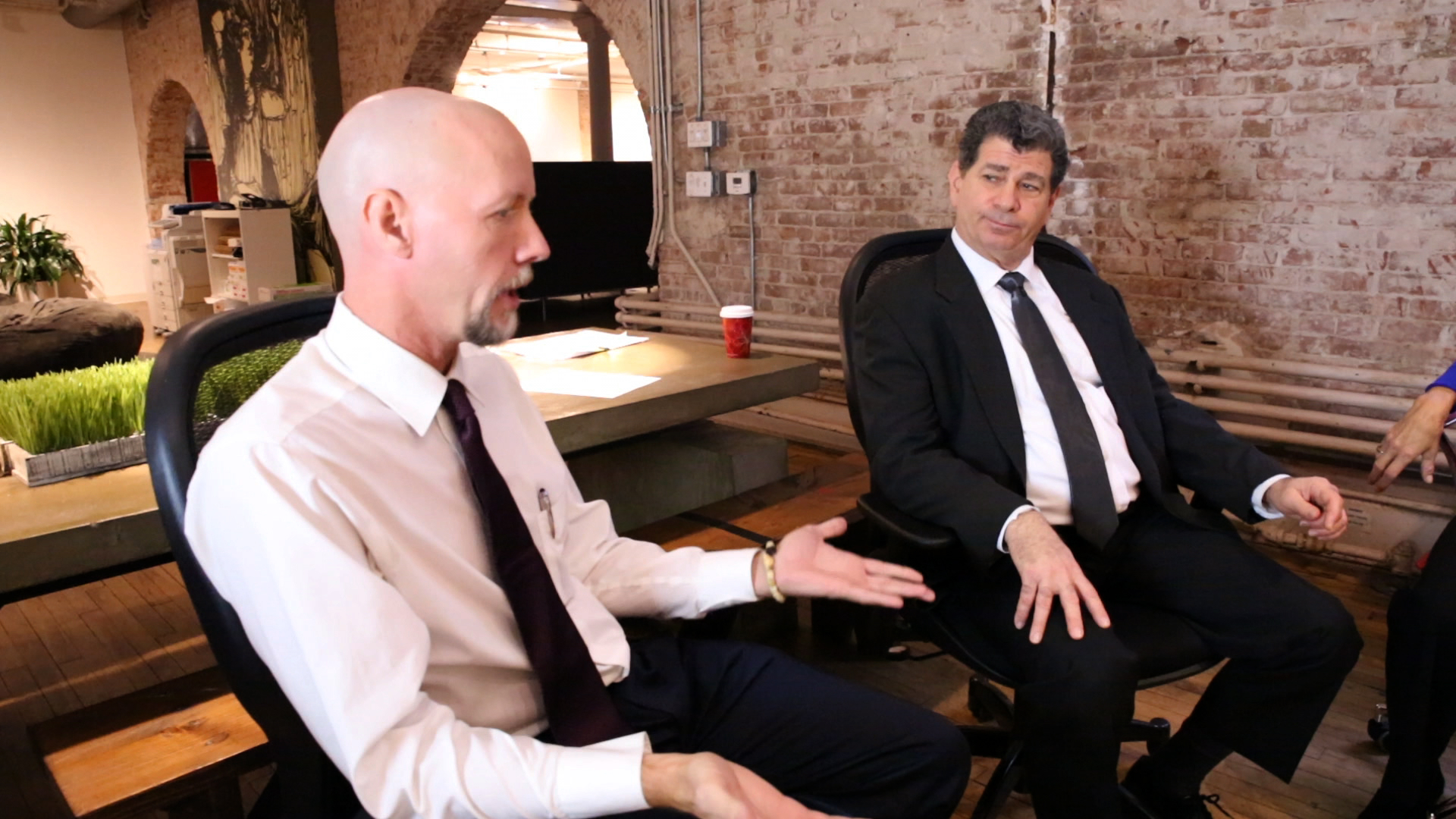Last week a friend of mine shared her frustration with an aerobics instructor at the gym (lousy music, boring routine -same every week). When she finished, she said, OK, so now that I’ve vented, I can go on with my day. Big smile and off she went. It got me thinking about the purpose of venting. We all do it, whether we call it venting, complaining or griping. Why? What do we get out of it? In the case of my friend, she simply wanted/needed to say it out loud. Once she verbalized it, she could let it go and move on.
In the workplace, venting is generally frowned upon. You’re not considered a good team player if you share too many negatives and gripe about policies or working conditions. But, if- like my friend- workers could share their frustrations openly, it might be an effective way to let things out and move on to productive work.
The problem is, how do you do that without it becoming a bottomless pit of frustration and depression? Once people start complaining, how do they stop?
 Well, like everything else in the workplace and in life- for that matter, there needs to be a clear purpose. Everyone should be on the same page when it comes to WHY we are venting. What’s the end result we want to achieve? It might be to relieve stress, improve connection to co-workers (knowing others feel the same), improve ability to cope with difficulties, or maybe effect change within the team or organization.
Well, like everything else in the workplace and in life- for that matter, there needs to be a clear purpose. Everyone should be on the same page when it comes to WHY we are venting. What’s the end result we want to achieve? It might be to relieve stress, improve connection to co-workers (knowing others feel the same), improve ability to cope with difficulties, or maybe effect change within the team or organization.
You want to be realistic and practical. This means that you and your co-workers are clear on what is possible (or not) and how much time can be spent. For example, if the group is complaining about a corporate policy that has been implemented across all departments, changing or getting rid of this policy is probably impossible. Here the work needs to be about sharing to relieve stress and/or sharing strategies to cope with the inconvenient (maybe ridiculous in your mind) policy. On the other hand, if the group is talking about a policy the boss has instituted that makes no sense to anyone, you might spend time talking about how to approach the boss with a counter proposal to achieve the same results. Time is always relevant in the workplace: Are you sharing over lunch or an authorized break? If not, be aware of who might be listening and how much time you’re spending away from work tasks. You get behind in your work because you were venting- no benefit to anyone- especially if a busybody lets the boss know.
There is definitely a great deal of personal satisfaction and stress relief in venting and sharing complaints with co-workers. If this is your purpose, go for it. Just be strategic and stick to clear purpose and time frame. Is it possible that complaining can actually a team building activity?! More on this in future blogs.


